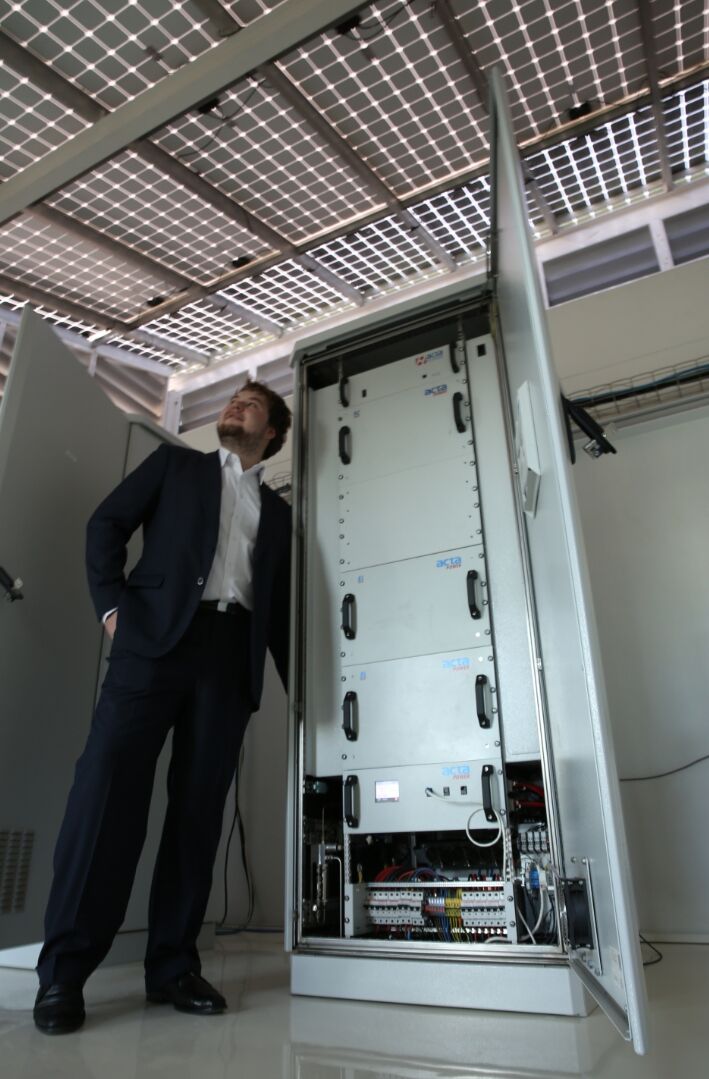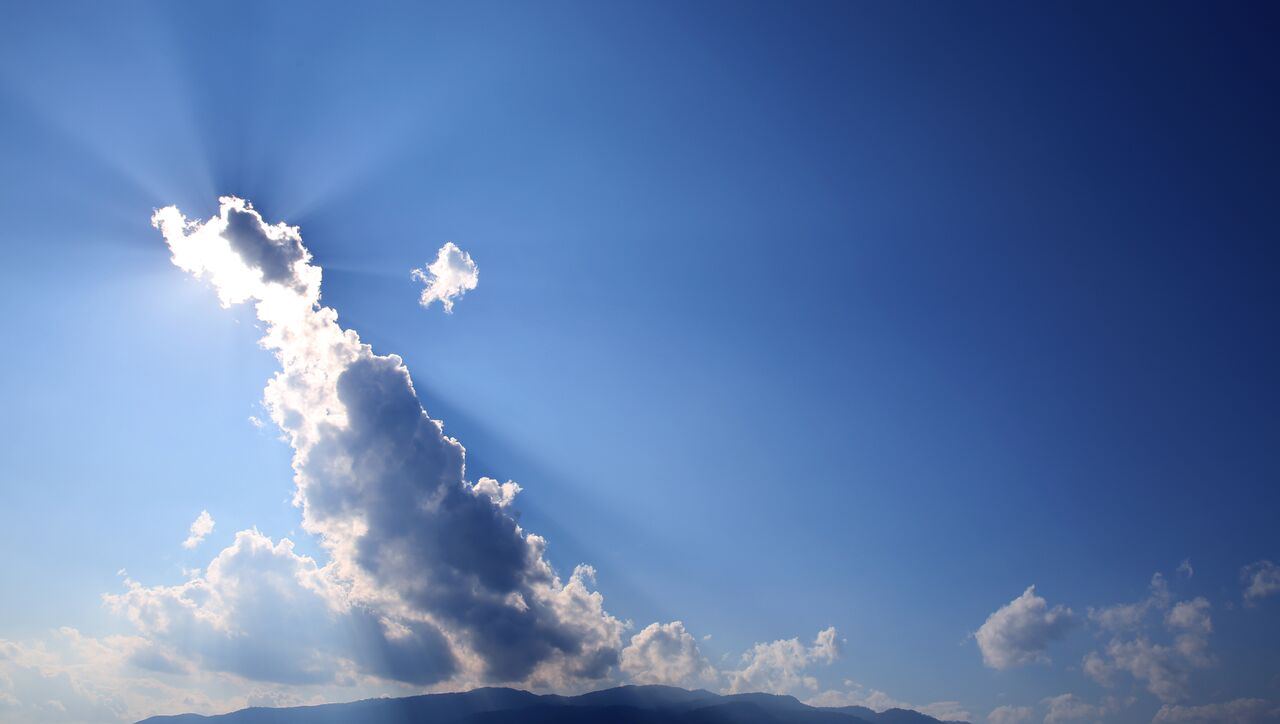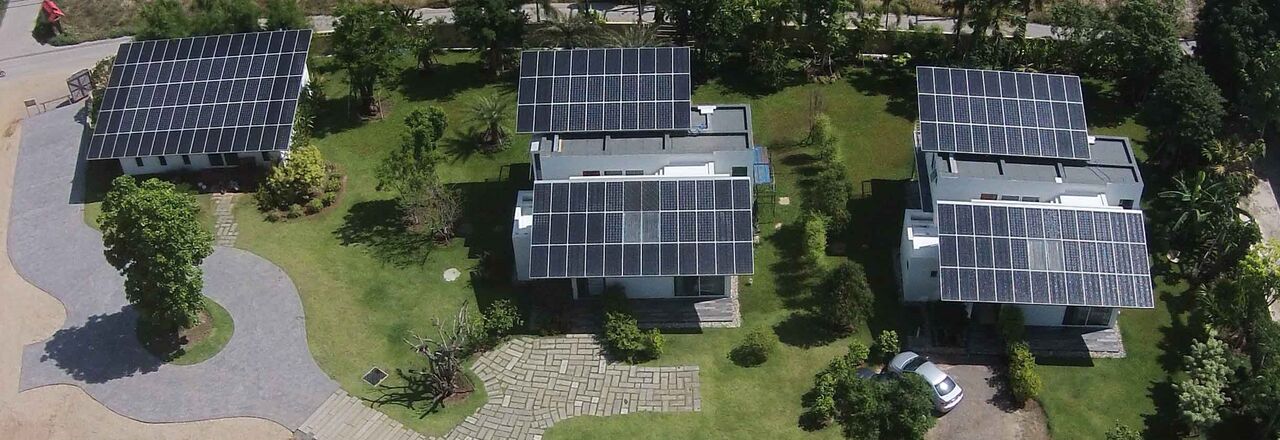The sun shines more than 300 days a year in Chiang Mai, Thailand, and Hamburg entrepreneur Sebastian-Justus Schmidt says, “it is the perfect location for a solar energy system.” His Phi Suea House’s solar panels produce 6,000 kWh a month, enough to power 20 to 25 average North American households. Though the first three residences in this development went online last March, it officially opened January 29. The most revolutionary aspect of this development is the hydrogen electrolyser in Phi Suea House’s better energy storage system.
 “We got the idea to use hydrogen storage from pilot projects in the telecommunication industry. They used a system like this to supply power to communication masts. In many applications, it is more efficient than the battery systems that are available,” he said.
“We got the idea to use hydrogen storage from pilot projects in the telecommunication industry. They used a system like this to supply power to communication masts. In many applications, it is more efficient than the battery systems that are available,” he said.
Though Schmidt is aware that his technology has an incredible potential for grid applications, his focus is off the grid.
Phi Suea House incorporates most of the usual elements of a environmentally friendly lifestyle (rain-water collection system, green building designs, home automation, etc), as well as solar panels that produce all of the electricity need for the residences, a water storage reservoir, big gardens, workshops, and a pool.
Schmidt said there is usually 10-20 kW of excess energy by the end of the day.
If he were in Europe or North America, his system would be feeding electricity to the grid.
Unfortunately Thailand is not yet ready for solar projects of this size. The country does incorporate smaller rooftop systems, but does not offer incentives. As few Thais are wealthy enough to wait seven years for their system to pay for itself, the nation’s vast solar potential is largely undeveloped.
Schmidt says that even in the rainy season, Thailand has a lot of sunshine.

“We will have clear skies for half a day and cloudy for the other half,” he said. “We often reach radiation densities of 1,300 watt per square meter and higher. It is much higher than in Germany. We are closer to the equator and have a lot more direct sunshine.”
Schmidt says projects like Phi Suea House are ideal for islands or mountains, where it is difficult to obtain electricity.
“This is a model for offered sites where there is no easy access to good grid power. We are getting a lot of interest from people on islands who are (presently) using very expensive diesel generators,” he said.

All images Courtesy Sebastian-Justus Schmidt.